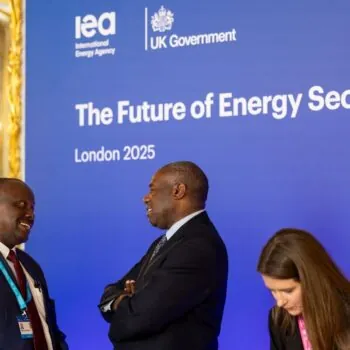As deputy co-Chair of the working group which supported the Task Force on Preventative Diplomacy, Nick Mabey was recently invited to provide keynote remarks at East West Institute‘s Global Conference on Preventive Action in Brussels. The conference brought together a wide range of practitioners from international, regional and civil organizations and responded to calls for diplomacy that forestalls violent conflicts rather than responding to them after the fact.
Having previously been a senior advisor in the UK Prime Minister’s Strategy Unit leading work on national and international policy areas, including: energy, climate change, countries at risk of instability, organised crime and fisheries, Nick has extensive experience in the field of preventive action. His speech covers 3 main areas of focus:
The preventative security agenda is at a critical juncture. Changes in the political environment mean that there are opportunities to make a decisive step forward, but these are balanced by risks of retreat and will not be realised without a step-change in the quality and quantity of concerted influencing by the advocates of preventative action.
The ability to take advantage of these opportunities will require a far clearer shared understanding of what success would look like in 5-10 years. It also needs a more sophisticated analysis of barriers to systemic change than merely blaming a lack of political will for inaction.
Achieving these goals will require change and open-mindedness from all stakeholders. Change will need to be driven by far stronger dialogue – especially with the ‘traditional’ security community – and shaped by more credible analysis of the investment case for prevention. Early wins will be needed in some key areas, supported by more effective public campaigning and the engagement of a wider range of actors including regional organisations and emerging powers.


